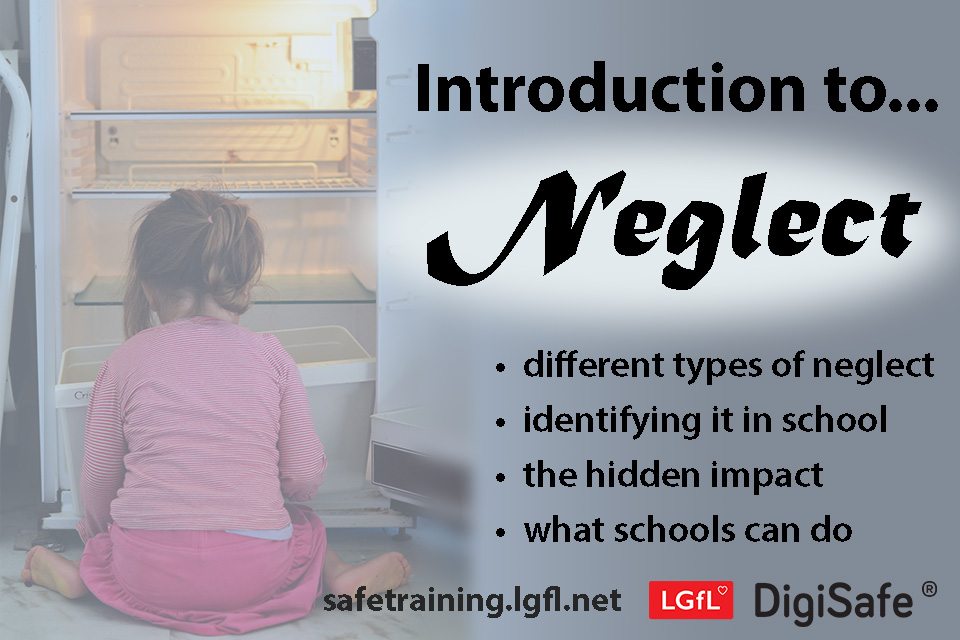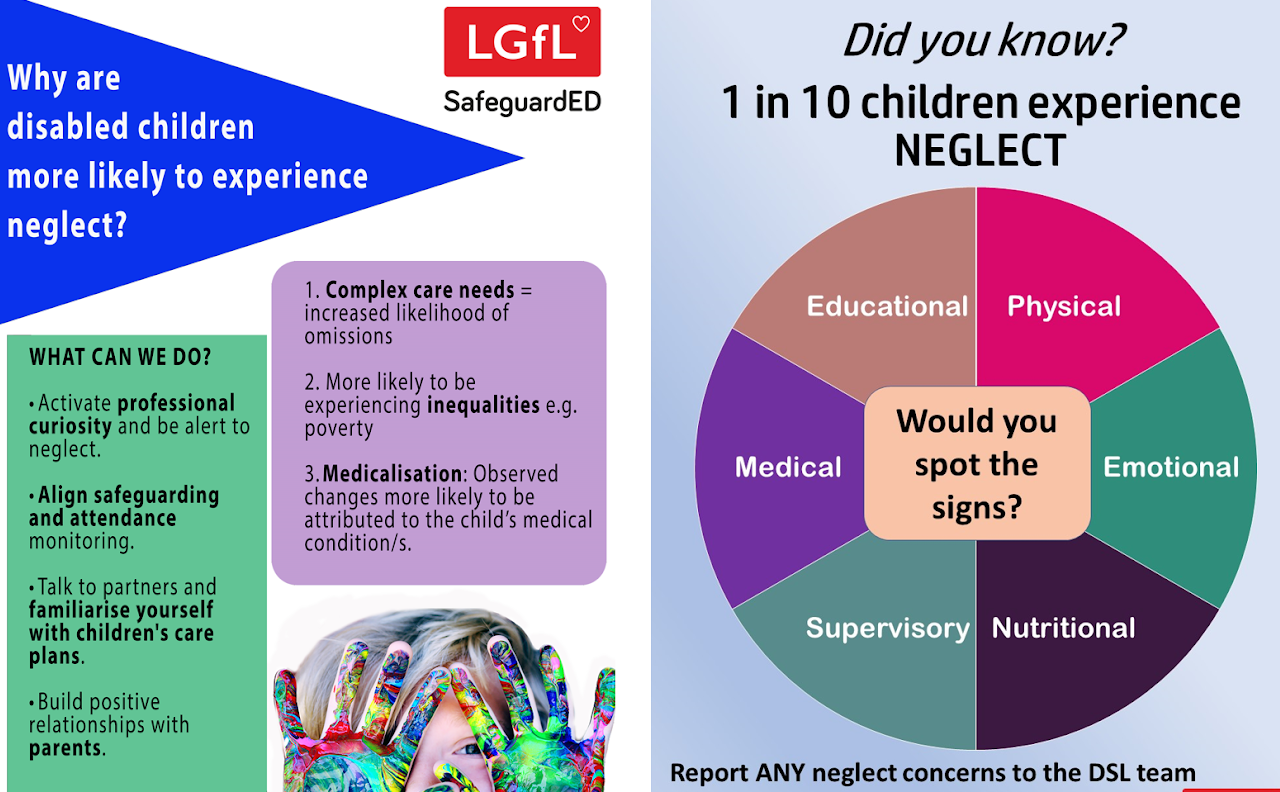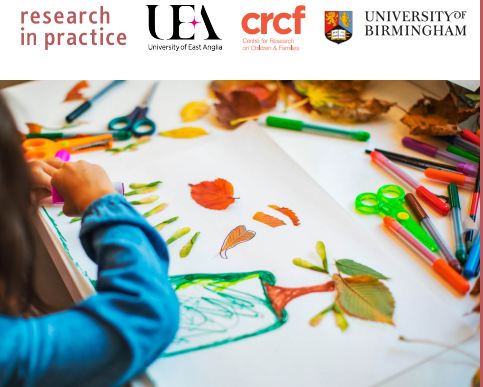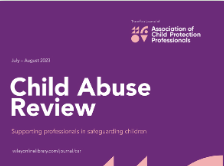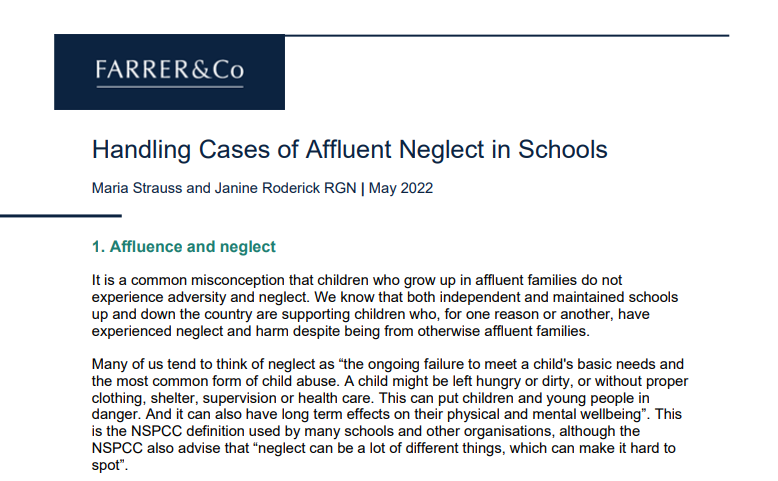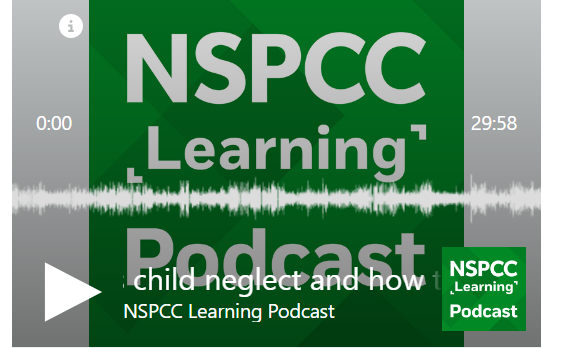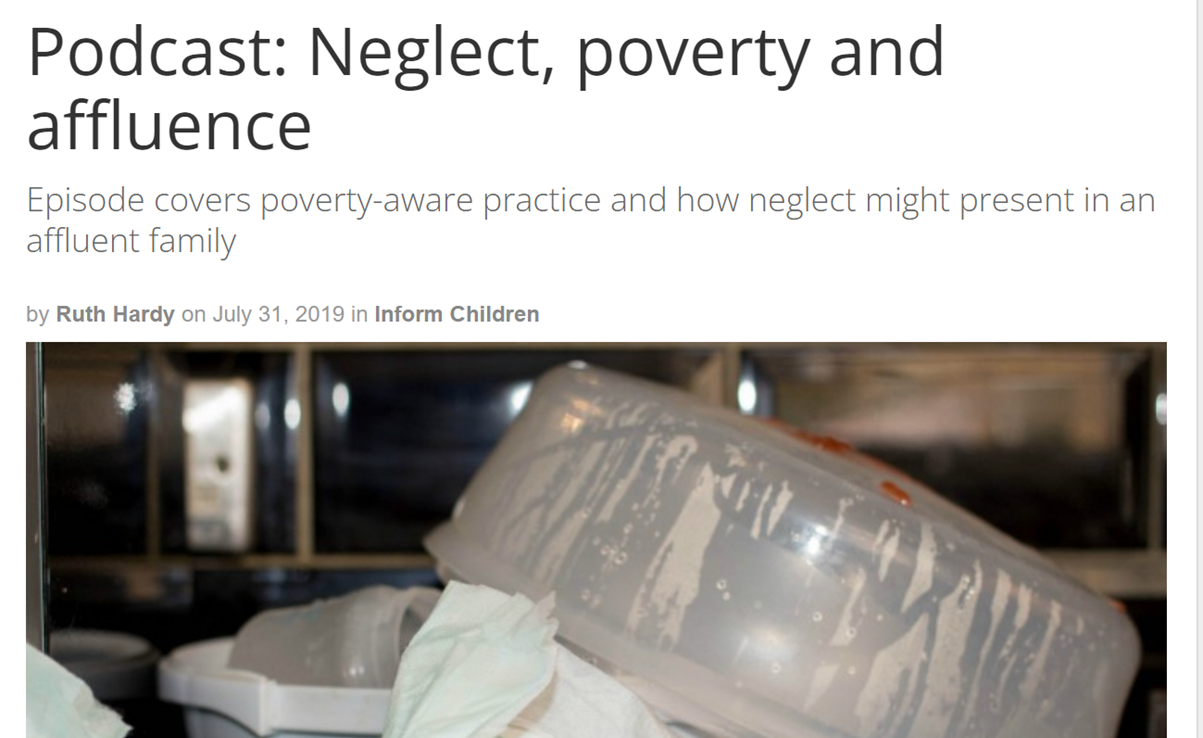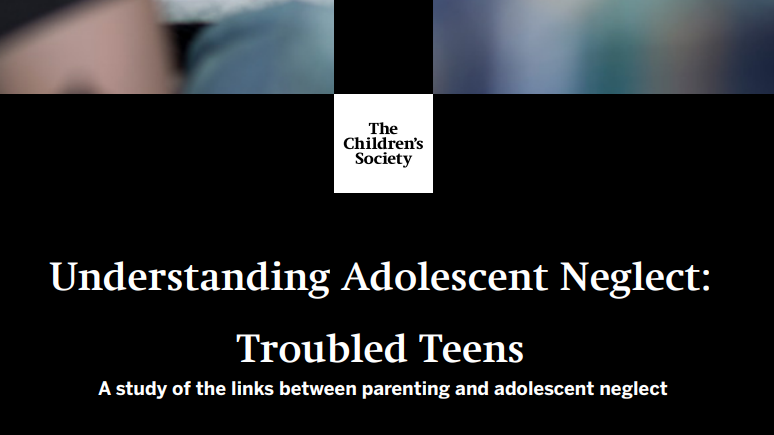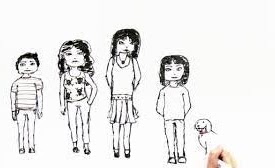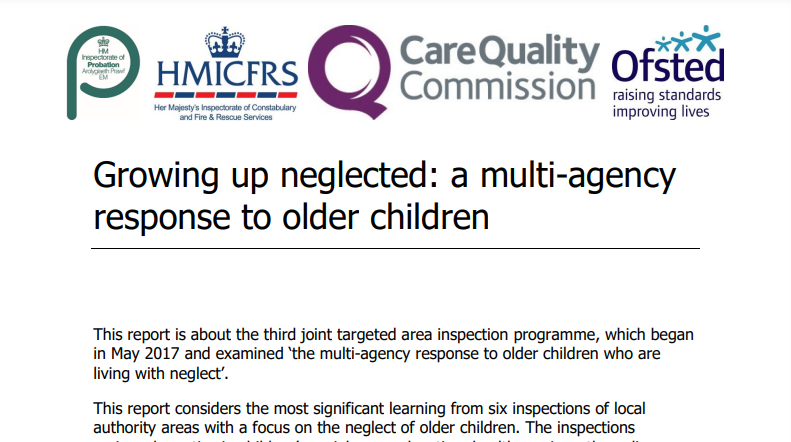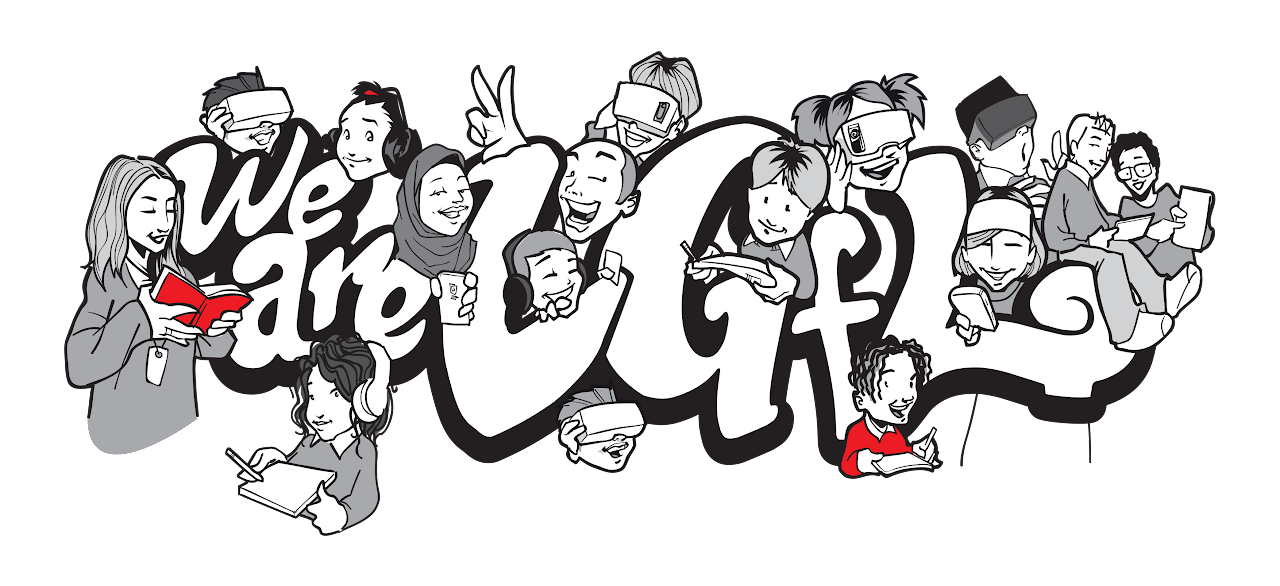Types of Harm
Neglect
Neglect is often one of the less understood forms of abuse (physical, emotional, sexual and neglect) and can be very hard to identify. Therefore, LGfL has created a range of resources, support and training to support schools with this challenging safeguarding area.

Training Courses from the SafeguardED Team
Our neglect expert offers regular two-hour session to help you better understand the challenges of identifying and responding to neglect. Sadly as a result of the current cost-of-living crisis we believe these challenges will only be accentuated.
The course is ideal for new or experienced DSLs, helping them to understand, identify and evidence neglectful care, exploring what neglect looks like, its impact and how to better identify it.
In addition to this introductory course we also have four 30min short courses on specific areas of neglect to help explore particular issues further (we recommend you first attend the Introduction course).
Introduction to Neglect
Neglect is the most prevalent form of maltreatment a child can experience and one of the most challenging types of harm for schools to evidence. Reviews and research often suggest that practitioners do not fully understand neglect, so why not come to this two-hour session to find out more, develop best-practice in your school and learn new ways to keep children safe.
Safeguarding shorts : Adolescent Neglect
Neglect is identified much less often in older children, compared to younger children, but the effects can be significant
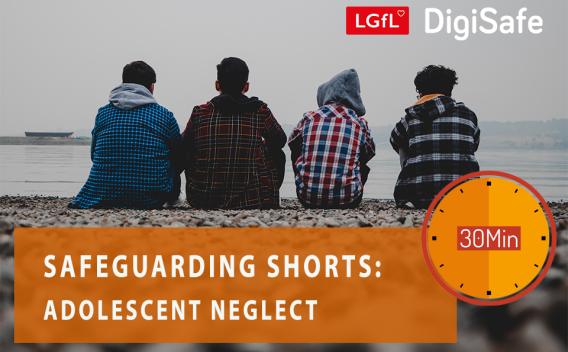
Safeguarding Shorts - Disabled Children & Neglect
Exploring challenges identifying the neglect of disabled children, and what schools can do to overcome them
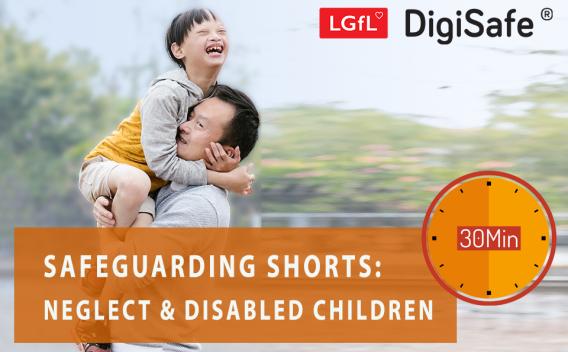
Safeguarding Shorts - Affluent Neglect
Neglect can occur in any family, even those of considerable wealth, however this isn't always recognised

Safeguarding Shorts - Cumulative Harm
Reviews have often shown that practitioners do not effectively understand cumulative harm - come and explore the issue
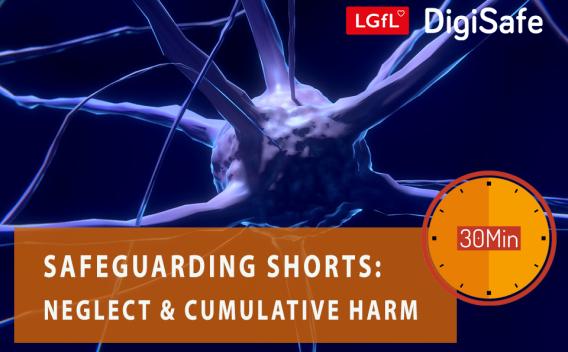
Affluent Neglect Spotlights
Use these 5 minute video resources in team meetings or otherwise, to provide updates and to support staff with enhancing their safeguarding knowledge and practice.
Affluent Neglect Spotlight 1
What is affluent neglect? What can it look like and how best should we respond to it in schools?

Affluent Neglect Spotlight 2
Our second case study of affluent neglect for staff to explore. How can bias impact our response to neglect in more affluent families?
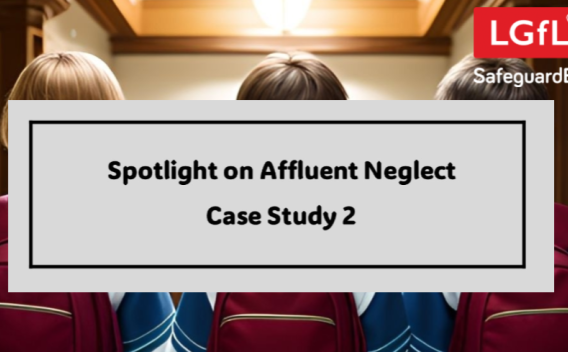
What does neglect look like?
Neglect is often characterised in a particular way, but it is important to remember that there are very distinct forms of neglect. It could be:
-
A young child who is not bathed or fed enough, living in cramped housing and sharing a bed with two other siblings
-
A 14-year-old with everything they could wish for materially and physically, but given little love, warmth or interaction from parents
-
A disabled child whose parent/carer doesn’t follow prescribed medical advice to meet their dietary requirements or who is very negative towards and about their child
-
A 9-year-old who is morbidly obese due to high calorie intake, where parent/carers do not follow the dietician’s advice to reduce the child’s weight

How can I better identify and respond to neglect in a school setting?
Posters
These key questions may help you reflect upon the effectiveness of your practice.
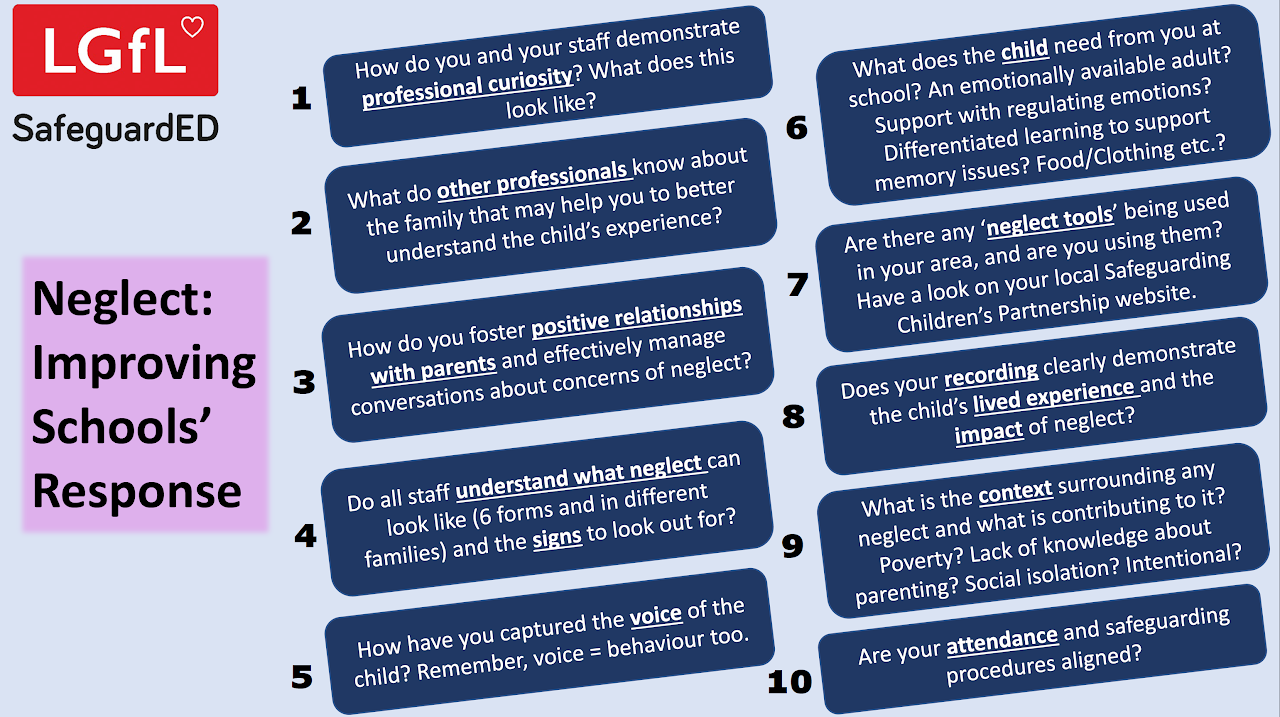
Improve your Recording
Have a look at our FREE guidance and training slides that include examples of how to improve record keeping in relation to neglect
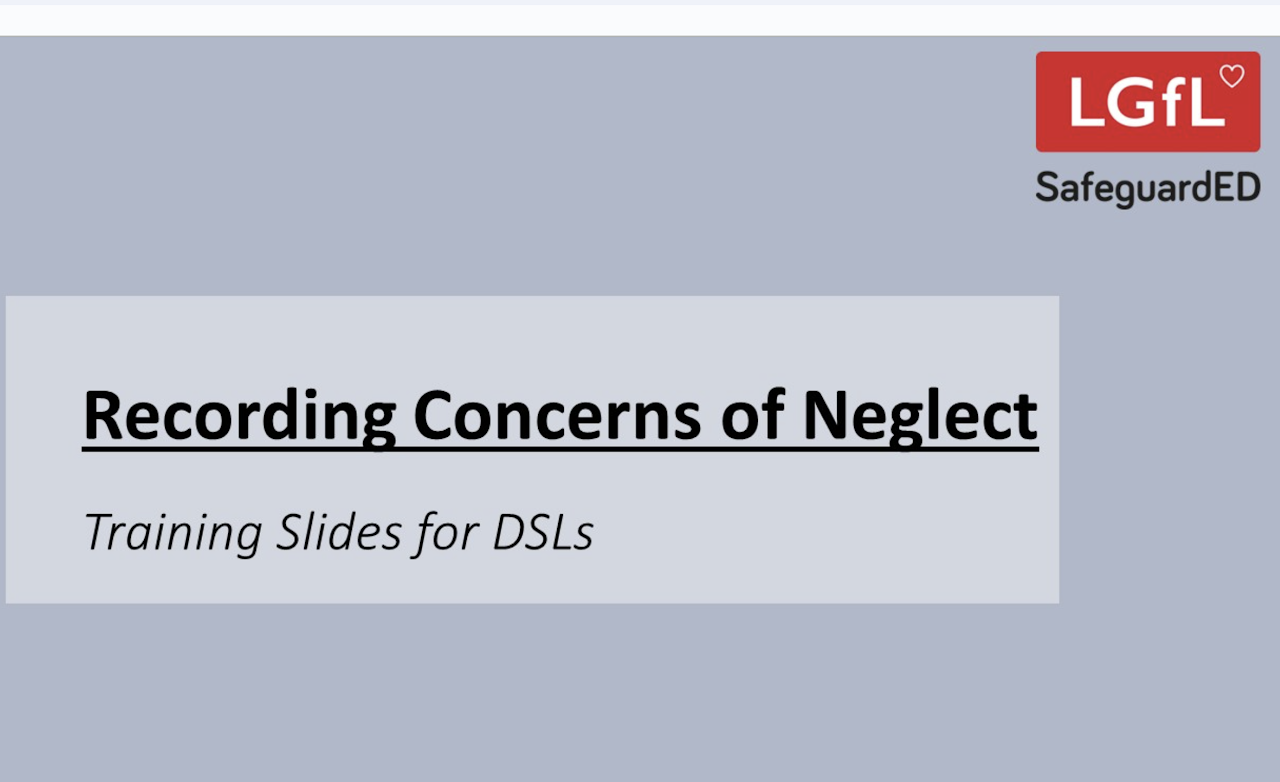
Neglect Resources
Here are some excellent resources from which will support your work relating to concerns of neglect:

